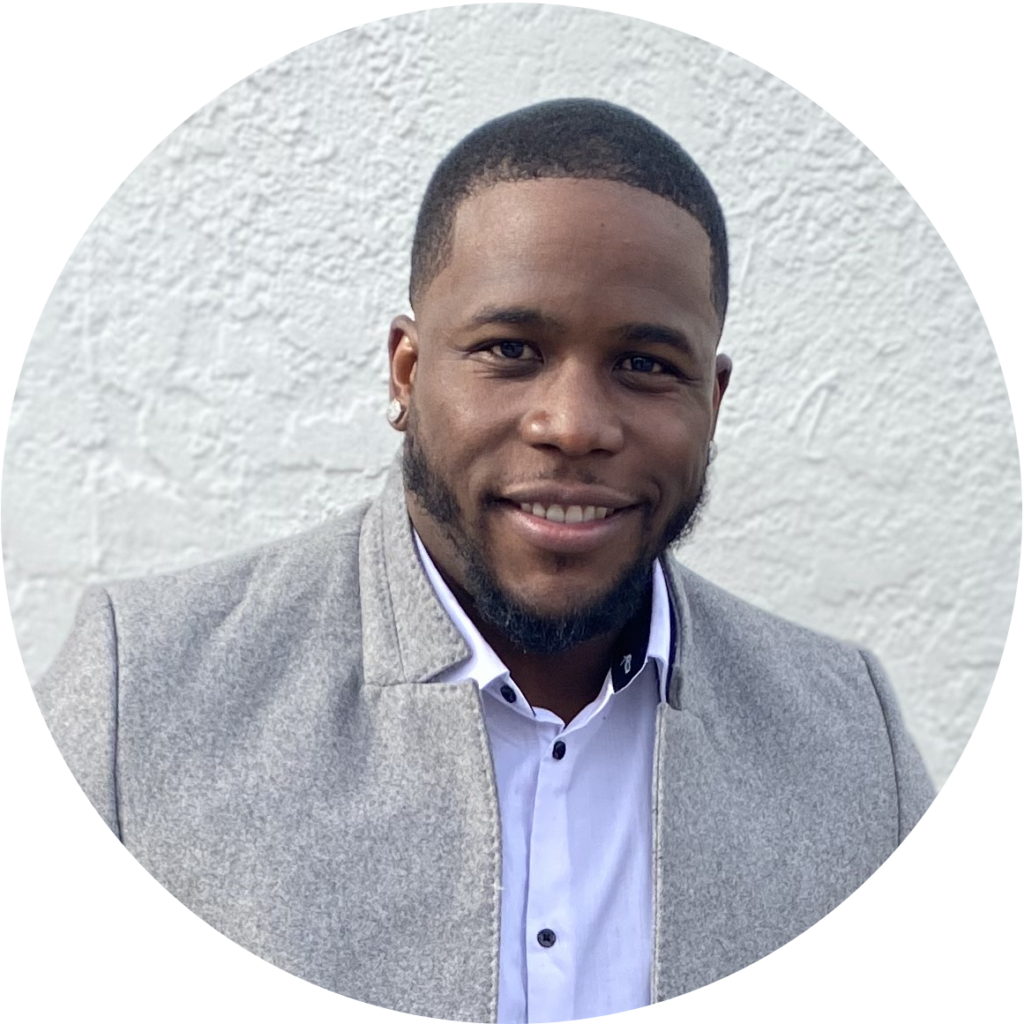Supporting Treatment and Reducing Recidivism (STARR) is one of the newest programs under the agency’s Social Justice Division. Caseworkers like Joshua Harrison assist individuals charged, arrested, or incarcerated for an offense, by providing them with a source of compassion and support to help move them forward in life.

Joshua believes that change happens when people are given the guidance they need to draw on their strengths and realize their potential to live fulfilling and happy lives. This is the philosophy he embraces as a Case Manager for STARR.
“It’s called soft hand-holding. I typically meet with the client in jail. I do an assessment and put together a care plan on how we can most effectively and efficiently help their lives to combat recidivism. Whether it is employment, education, or housing, we are able to support them.”
Before Felton, Joshua worked with Phoenix Project SF and the San Francisco Juvenile Probation Department. Two years ago, Joshua started with Felton’s Young Adult Court, also under the Social Justice Division, before shifting to STARR. Helping people has always been a life goal. Growing up in an inner-city housing development in San Francisco, Joshua witnessed many in his neighborhood, older people and peers fall by the wayside due to lack of resources and attention. “It’s a passion of mine to help others who think they couldn’t be helped. I have a Sociology degree from San Francisco State. I was always searching for more impactful work.”
Building relationships and keeping open communication lines are skills he learned early in his life that help Joshua as a Case Manager today. He appreciates having nurturing parents who instilled a solid work ethic and caring mentors who helped keep this middle child on a straight and narrow path. As Joshua builds relationships with those he serves, he notes that the secret sauce is about being direct and keeping it real when setting goals. “This is a client-driven practice. Set realistic expectations….meet the person with no biases and meet them at face value.”
Joshua likes to celebrate both the big and small victories of his clients: staying sober for 30 days, graduating from high school, or getting a job.
“I had a client whose focus was on being sober for a week at a time. That was a victory. We had an open line of communication. He could call me anytime. And when he did relapse, he came in. He didn’t hide. I asked him about what he wanted to do moving forward. It’s all about moving forward because we have to live in the moment.”
To relax, Joshua likes to coordinate his sock drawer by color, binge on Netflix shows, and take virtual bike rides throughout small Italian villages on his Peloton. Joshua stays humble by this motto, “My floor is someone’s ceiling and vice versa so be thankful for where you are in life and never look down on people.”
For more information about Felton’s Justice Services Division, please contact Curtis Penn at cpenn@felton.org or (415) 474-7310 x777.
About Felton Institute: Founded in 1889, Felton Institute responds to human needs by providing cutting edge, evidence-based mental health and social services that transform lives. Felton Institute is a tax-exempt organization registered 501(c)(3) nonprofit under EIN 94-1156530.
Offering more than 50 acclaimed and honored programs that address homelessness, mental health, prenatal, adolescent, adult and senior needs, Felton Institute provides services in San Francisco, Alameda, San Mateo, Marin, and Monterey counties.
Felton is named for its social services pioneer and executive director Dr. Katharine “Kitty” Felton who was called the ”conscience of San Francisco” and was committed to ensuring that children and families in crisis have access to social services and resources in order to help them build upon their inherent strengths and develop self-sufficiency. www.felton.org